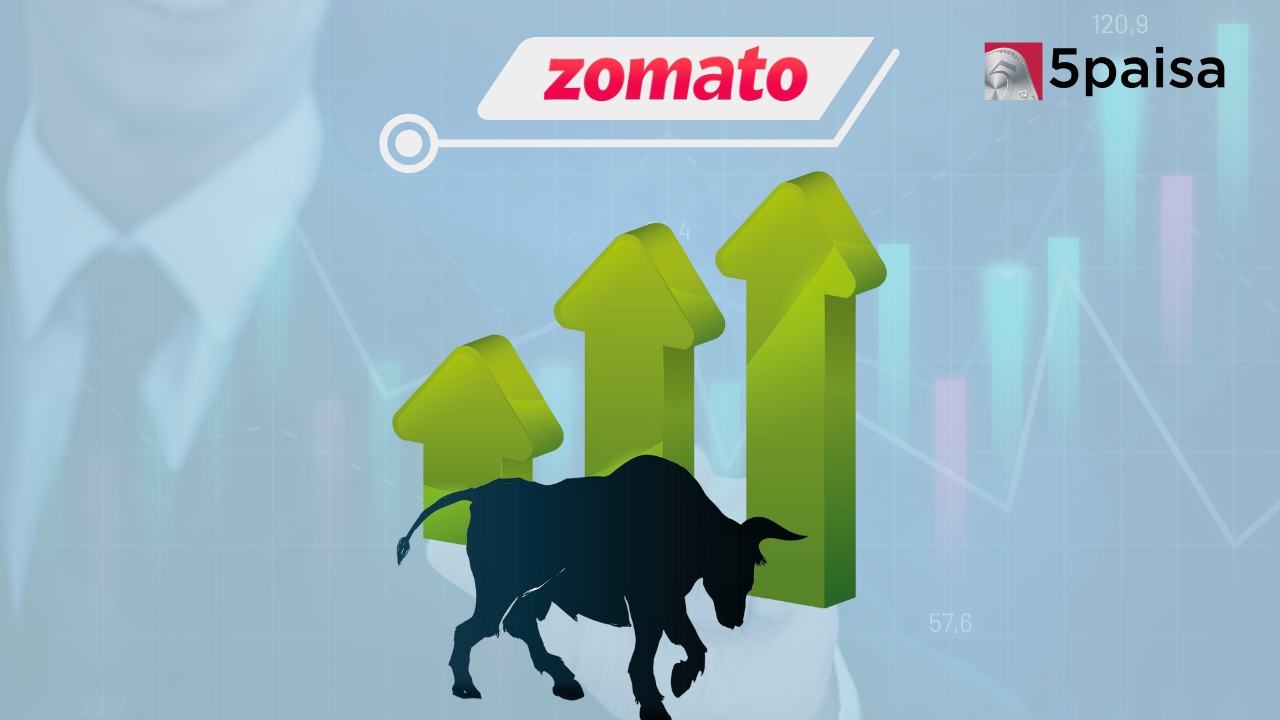Cochin Shipyard Surges 5% on ₹450 Cr Tug Deal with Adani Ports
Reliance Industries Faces Challenges in 2024: Key Highlights

Last Updated: 19th December 2024 - 06:48 pm
Shares of Reliance Industries (RIL) saw a significant decline on Tuesday, December 17, slipping as much as 1.8% to ₹1,245.10 per share on the BSE. This drop contributed to the broader market's sharp fall, with RIL emerging as the second biggest factor behind the drop in the SENSEX, after HDFC Bank. The downturn marks a continuation of a challenging year for the conglomerate, which has seen Reliance's stock fall more than 3% so far in 2024, with the stock down nearly 0.8% over the past 12 months.
The year 2024 has proven to be difficult for Reliance Industries, as weak financial results have weighed heavily on investor sentiment. For the second quarter of FY25, the company reported a 5% decline in net profit. This drop was largely attributed to poor performance in its oil refining and petrochemical business, which suffered from shrinking margins amid global oversupply. RIL’s oil-to-chemical (O2C) business, which represents around 56% of the company’s revenue, was significantly impacted by cheap Russian crude oil flooding the market, pushing product margins lower.
Despite the weakness in its core oil-to-chemical operations, RIL's retail and telecom divisions remained relatively steady. The telecom segment, in particular, posted impressive growth across key metrics, including data consumption, per-user earnings, and subscriber numbers. Similarly, RIL's upstream oil and gas production also saw growth, with its joint venture partner BP Plc contributing to a third of all domestic gas production in India.
However, the company's overall performance for the year has been underwhelming, with its market capitalization dropping by over ₹4.4 lakh crore since its peak in July. This decline represents a nearly 21% drop from RIL’s highest stock price of ₹1,608.95. The negative returns expected in 2024 mark a significant departure from the company’s past growth trajectory, which had seen substantial returns in recent years, including a 70.55% return in 2017 and steady growth until 2020.
Challenges such as slower growth, rising real estate costs, and the capital expenditure required to maintain expansion may have contributed to this downwhirl of Reliance. Additionally, the rise of quick commerce companies has added pressure on RIL’s retail division, particularly in the fashion segment, which has seen weak demand this year. As a result, Reliance Retail had to close 1,185 stores, despite increasing foot traffic.
Furthermore, the company’s fortunes are reflected in the decline of Mukesh Ambani's net worth, which has fallen from a peak of $120.8 billion in July to $96.7 billion in December, as per Bloomberg. Ambani is now focusing on expanding digital platforms, retail brands, and renewable energy as part of a strategic shift to drive future growth.
In Conclusion
The year 2024 has been a tough year for Reliance Industries, and the company is set to deliver negative returns for the first time in almost a decade. Despite the challenges, Reliance Industries is moving forward with ambitious initiatives. The company is collaborating with Walt Disney to establish an $8.5 billion media powerhouse aimed at India’s growing streaming market. Additionally, it is strengthening its partnership with Nvidia to develop advanced AI computing infrastructure in India, showcasing its focus on future technologies.
While its telecom and retail businesses show promise, challenges in its core oil-to-chemical segment, rising competition, and a challenging economic environment have contributed to the decline. RIL’s ability to navigate these obstacles and execute on its strategic plans, including upcoming IPOs for Jio and Reliance Retail, will be crucial to its long-term growth trajectory.
- Flat ₹20 Brokerage
- Next-gen Trading
- Advance Charting
- Actionable Ideas
Trending on 5paisa
Indian Market Related Articles
Disclaimer: Investment in securities market are subject to market risks, read all the related documents carefully before investing. For detailed disclaimer please Click here.
 5paisa Research Team
5paisa Research Team




